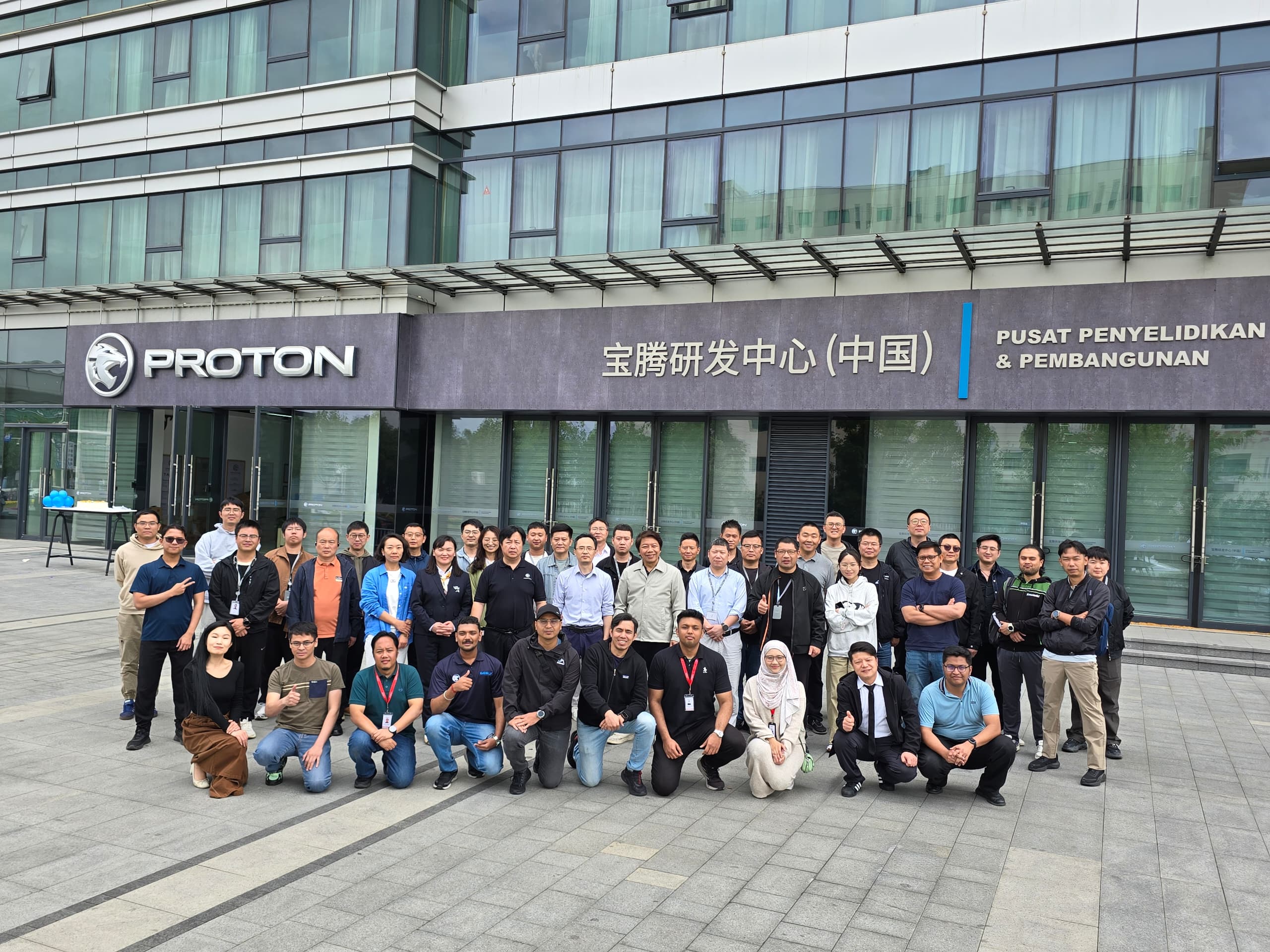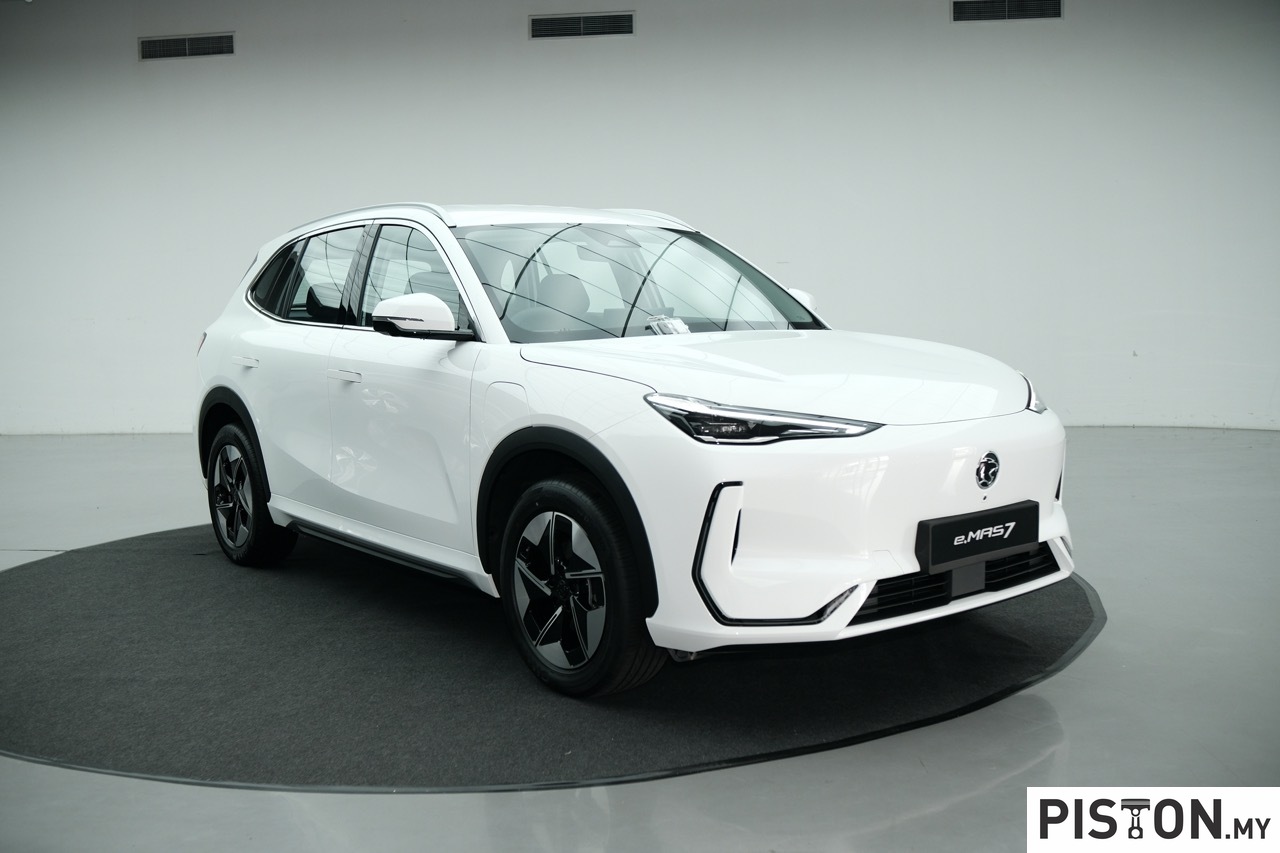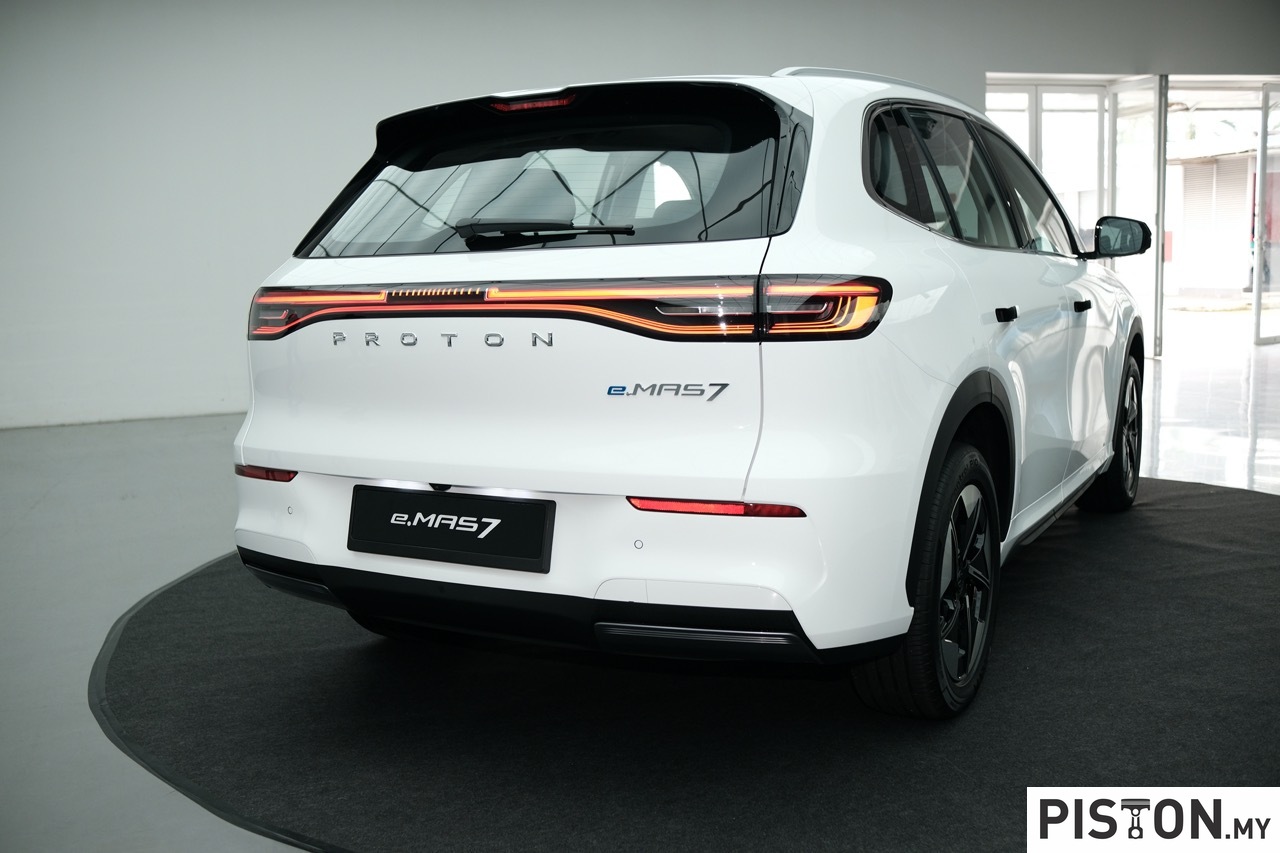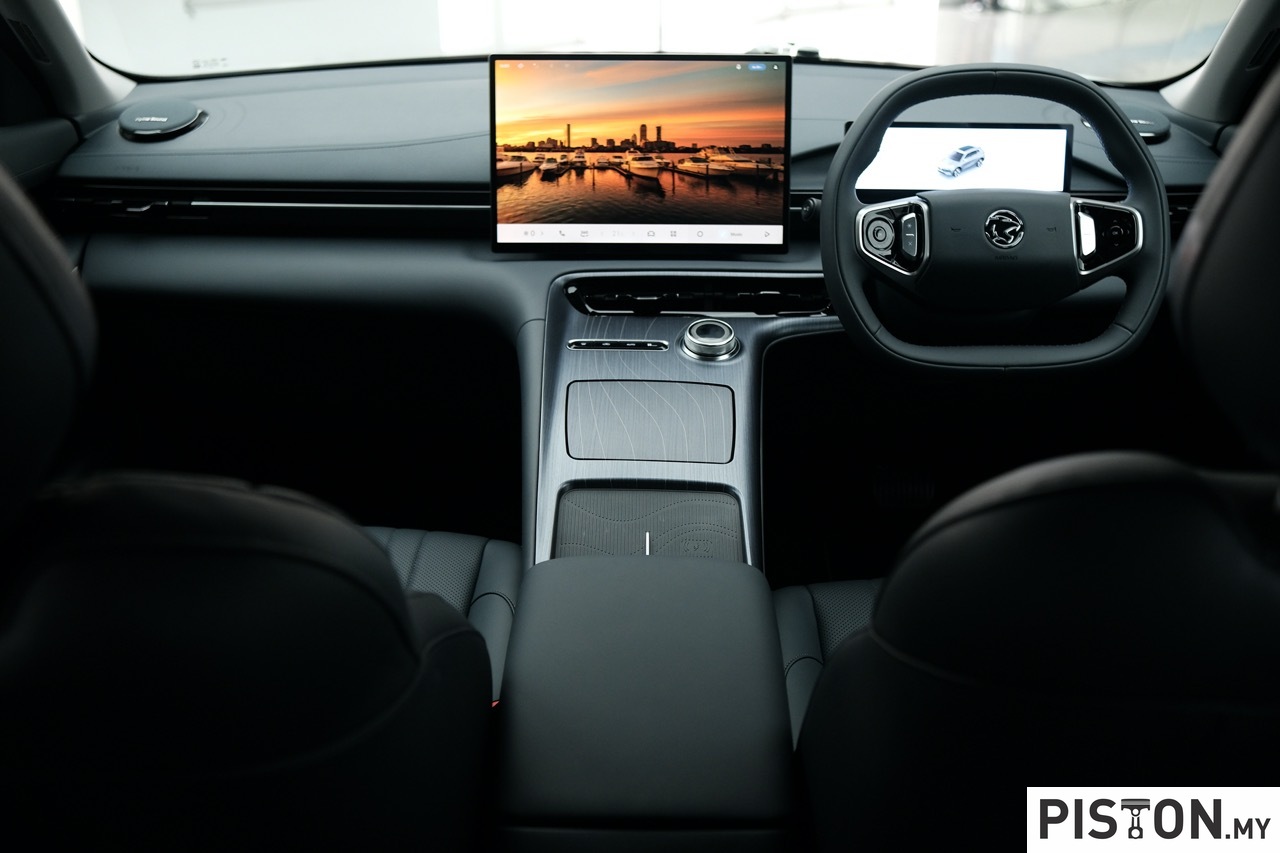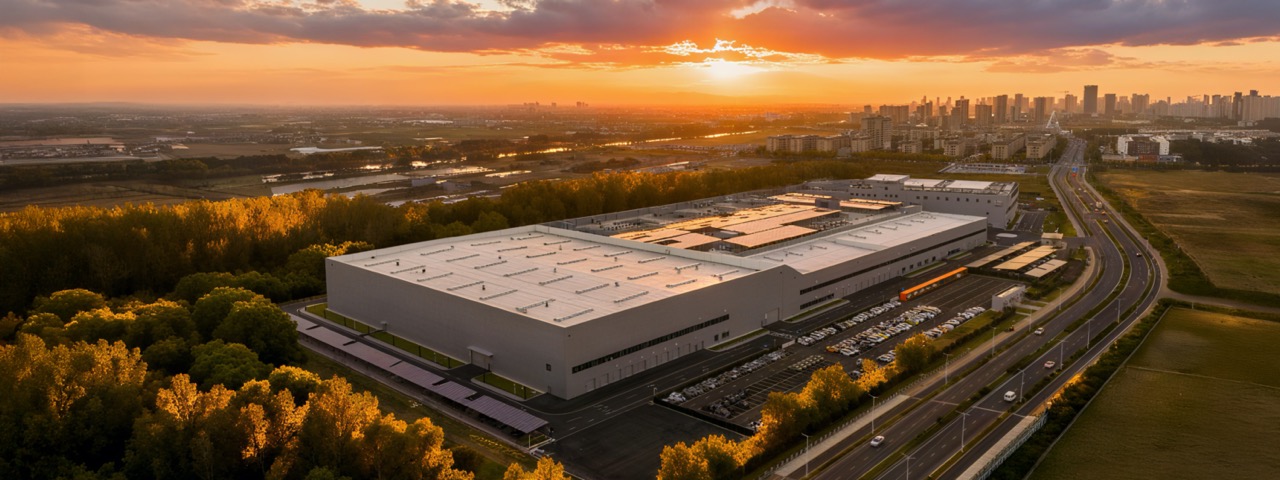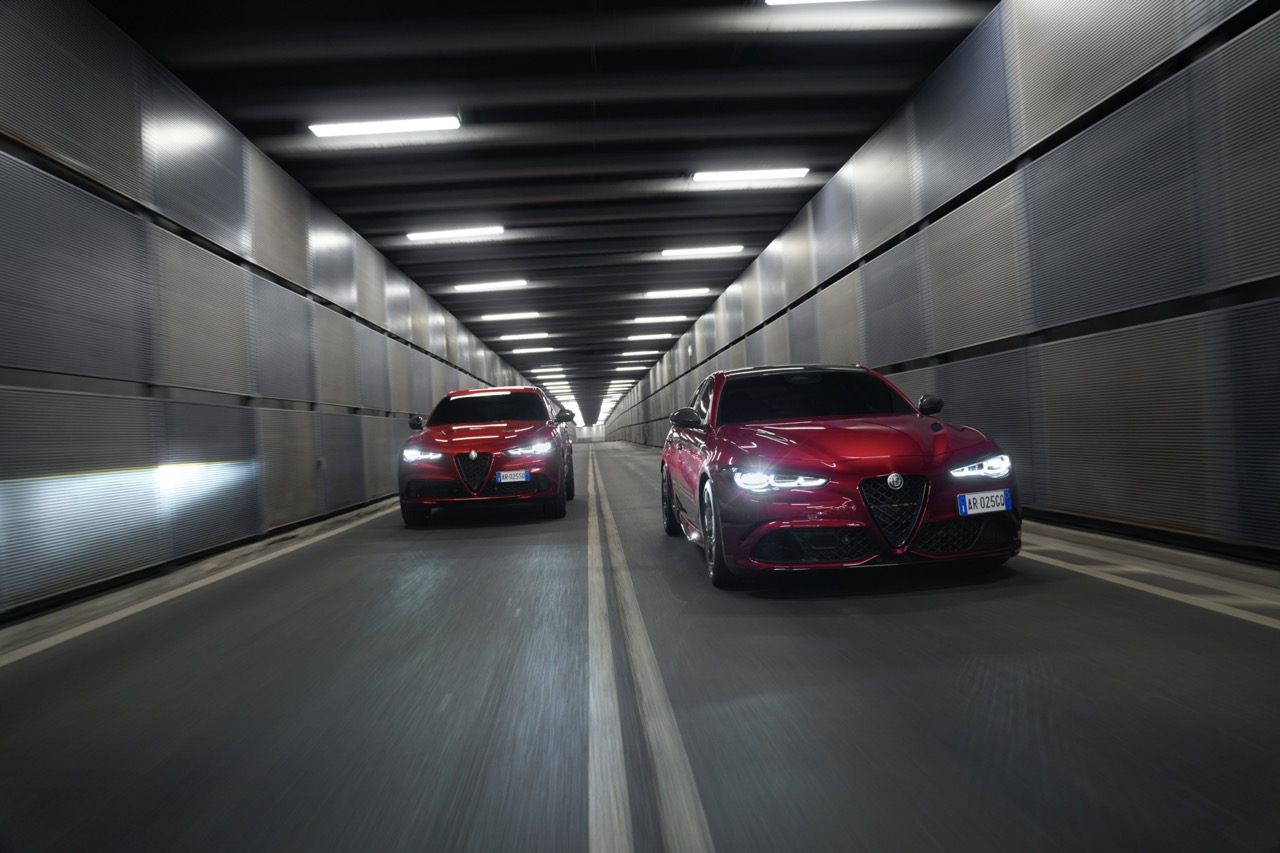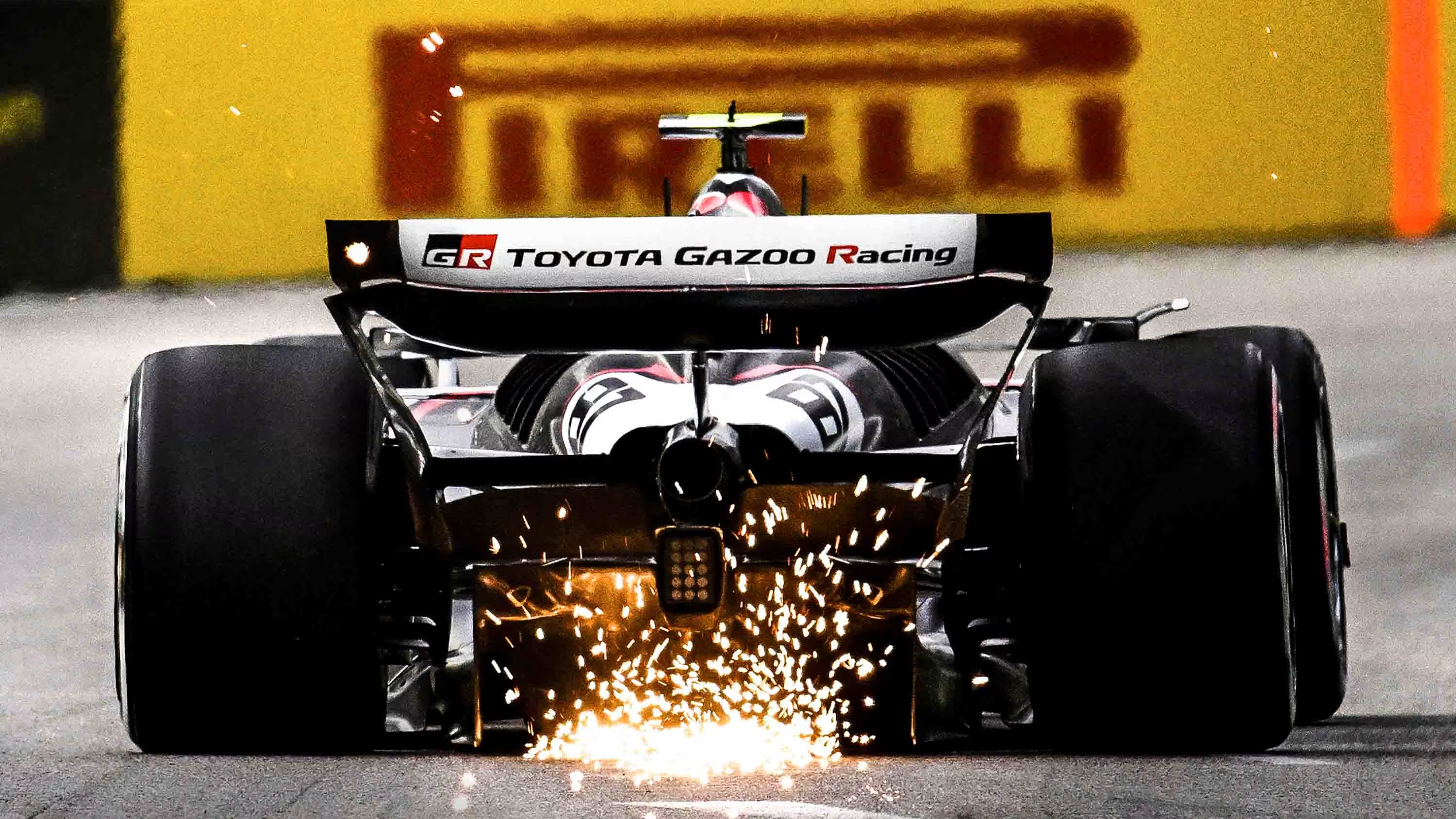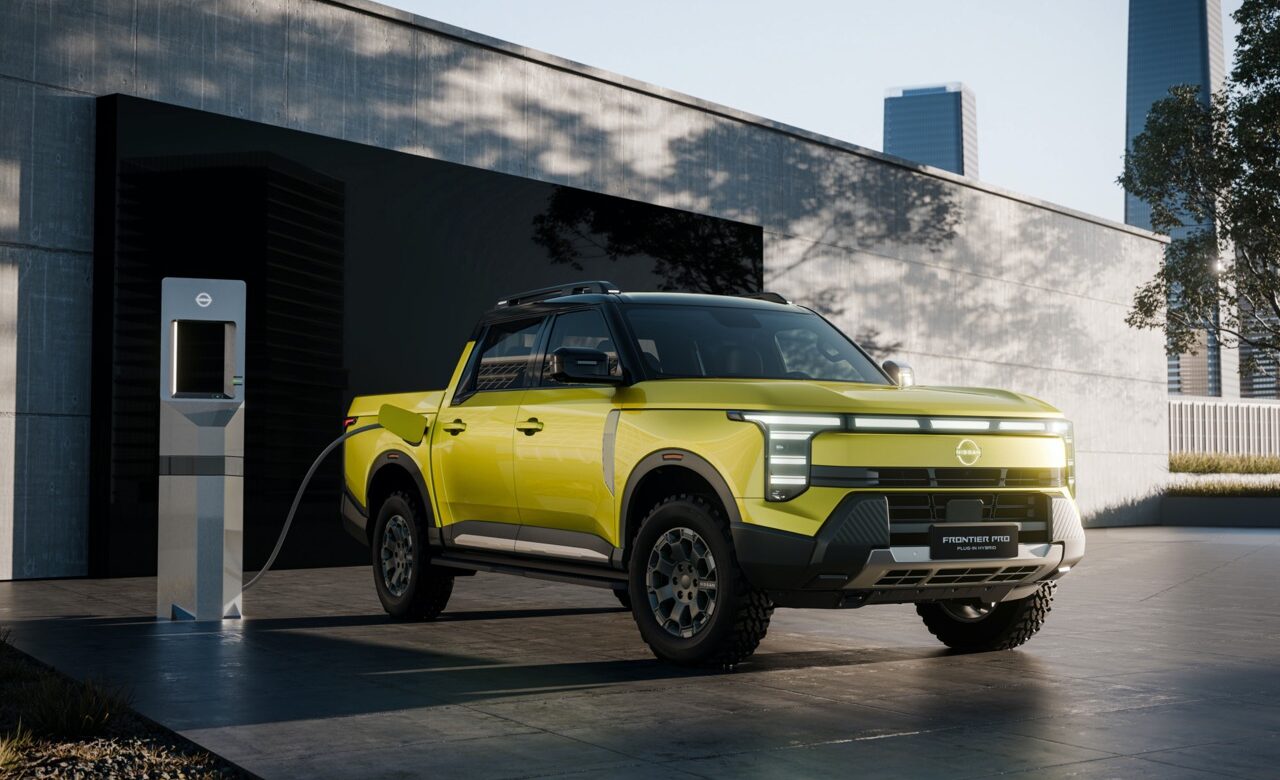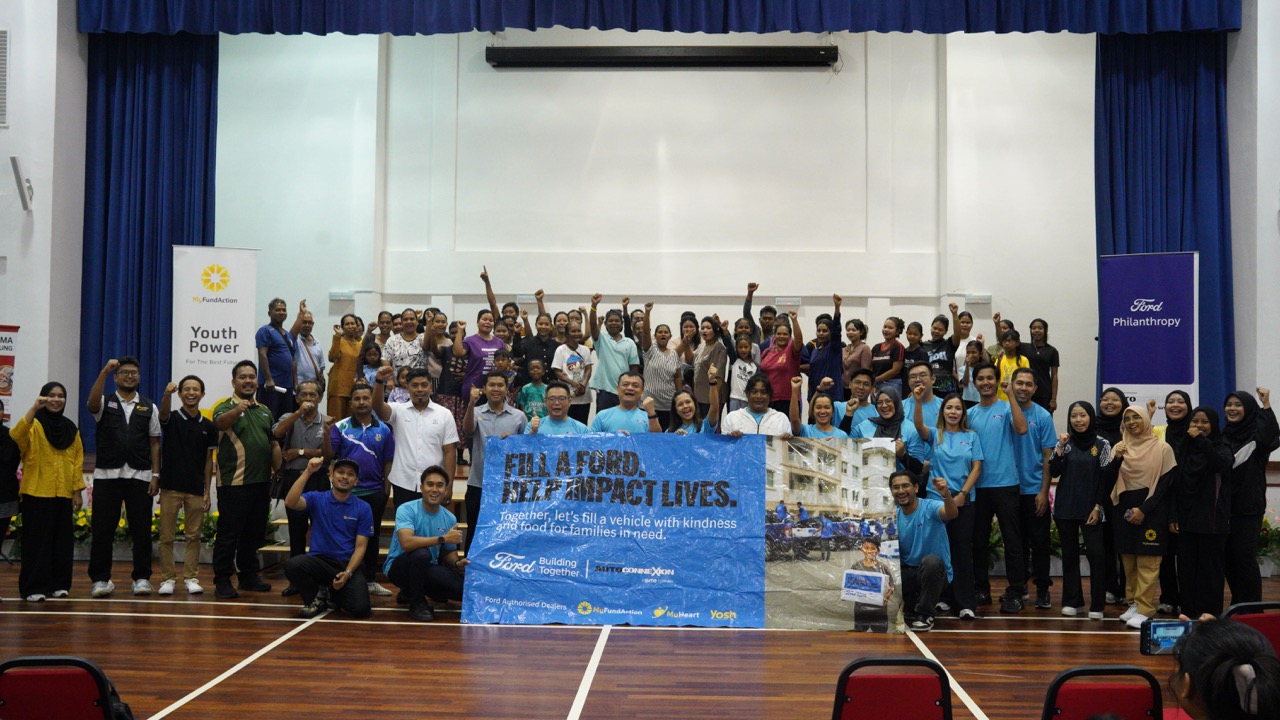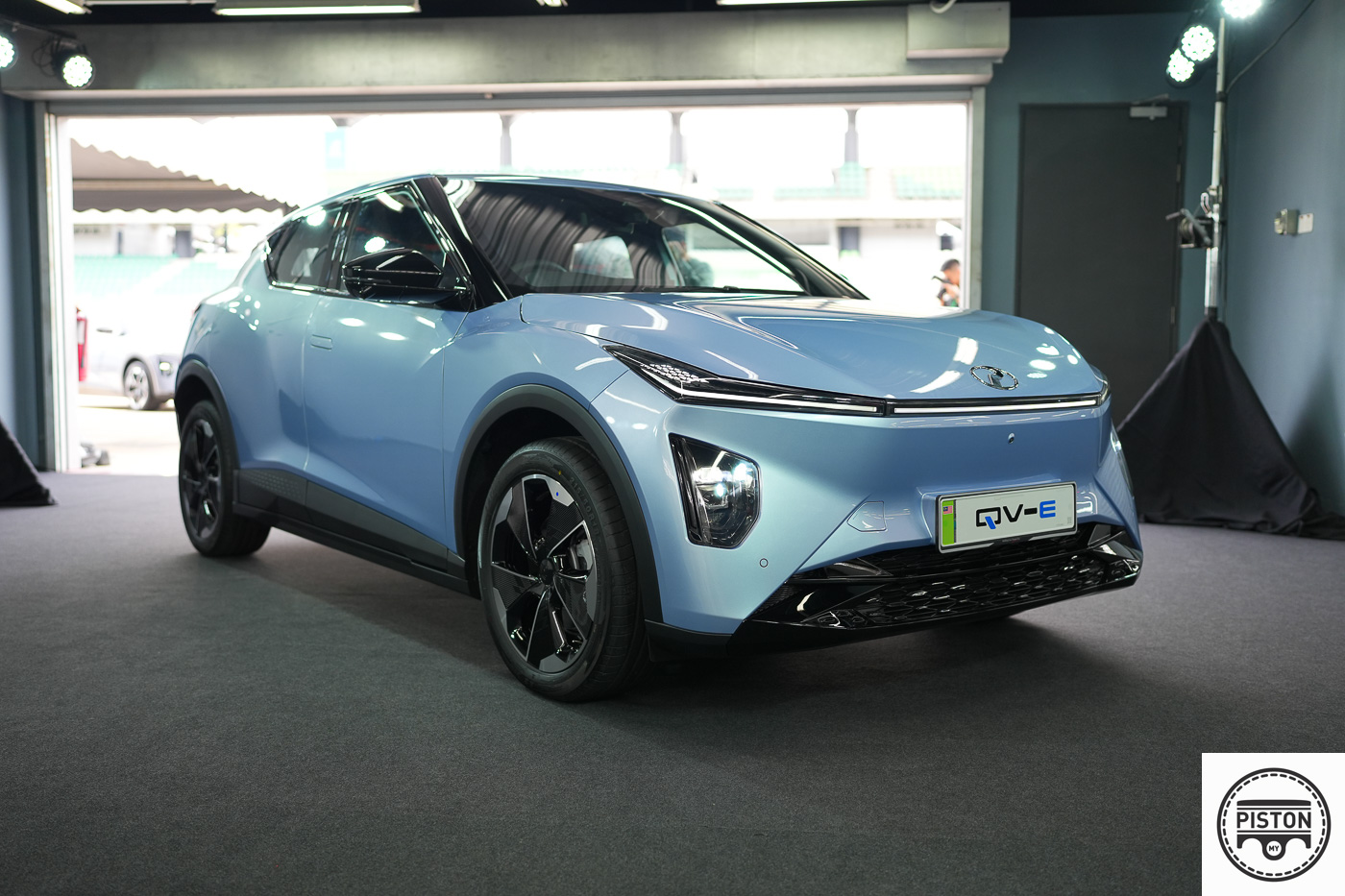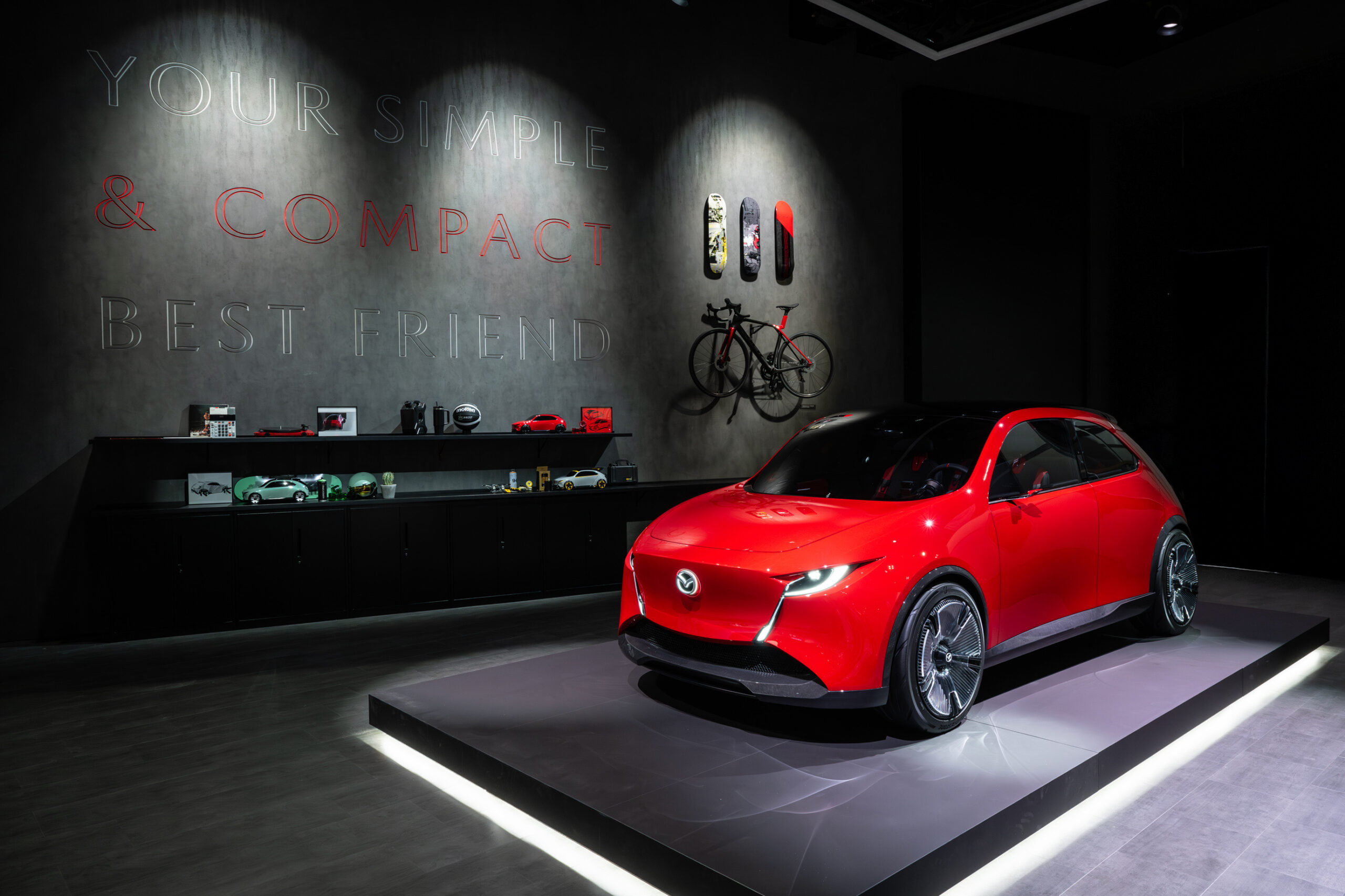One year since the establishment of the Proton Research and Development Centre (PRDC) in Hangzhou Bay, China, Proton’s partnership with Zhejiang Geely Holding Ltd has significantly advanced the company’s technological capabilities. This strategic collaboration is proving instrumental in transforming the Malaysian automaker into a competitive player in intelligent vehicle development and electric mobility.
At the heart of this alliance is a commitment to innovation and knowledge-sharing. The PRDC has become a vital hub for technical collaboration, helping Proton fast-track product development and introduce new technologies across its model range. The facility implements a structured New Product Development System (NPDS), which ensures seamless integration from concept to final validation stages. This approach guarantees efficient execution and alignment throughout the development lifecycle.
Senior Engineer Wan Fatin Nur Amira Binti Wan Rusli, who oversees Electrical and Electronics (E&E) integration, highlighted the benefits of access to advanced tools and platforms. She noted that the integration of next-generation E&E systems is a major driver in Proton’s development of intelligent vehicles.
In terms of driving dynamics, significant progress has also been achieved. Lead Engineer Muhammad Hafiz Bin Zabidi reported improvements in chassis and suspension configurations, refined for local road conditions, alongside advancements in braking systems, noise reduction, and fuel economy. Benchmarking against global competitors is also ongoing, ensuring that Proton’s new models remain competitive and appealing to a broader audience.
A key milestone for the PRDC has been its role in the development of Proton’s first all-electric vehicle, the e.MAS 7. Produced in collaboration with Geely’s extensive facilities—including battery laboratories, powertrain test benches, and intelligent vehicle development centres—the e.MAS 7 made its Malaysian debut in December and quickly rose to become the best-selling EV in the country.
Senior Engineer Omar Farhan Bin Omar, who has led coordination and validation efforts for the e.MAS 7, stated that the team has achieved key targets in thermal management, charging efficiency, and regenerative braking systems. These achievements are crucial for delivering a robust EV platform that can perform reliably in the tropical climate of Malaysia and the ASEAN region.
Extensive testing infrastructure has played a pivotal role in product validation. Senior Engineer Zulkifli Bin Fadzlullah emphasised the importance of access to proving grounds and climatic chambers in China, which complement testing processes in Malaysia. He also stressed the ongoing collaboration between engineers in China and Malaysia, which enhances local capabilities through real-time data sharing and knowledge exchange.
The PRDC not only strengthens Proton’s technological edge but also contributes to Geely’s understanding of Southeast Asian markets. By leveraging Proton’s deep familiarity with local consumer preferences, regulatory environments, and road conditions, Geely is better positioned to tailor its offerings for regional success. In turn, Proton serves as a strategic conduit for Geely’s expansion and technology localisation within ASEAN.
Looking forward, Proton plans to expand its R&D workforce and deepen its technical base in Malaysia through ongoing talent exchange programmes and increased real-world testing. The PRDC will remain central to the automaker’s ambition to become a leader in electric vehicle technology and smart mobility solutions.
Mohd Haizam Bin Ghazali, Head of R&D in Engineering & Technical, underlined the significance of the collaboration, explaining that it provides engineers with access to advanced facilities while retaining the core of R&D operations in Malaysia. With plans to double the engineering workforce by year-end, he expressed confidence that future models will feature greater technological sophistication, reinforcing Proton’s role as a driver of innovation and industrial progress in Malaysia.



